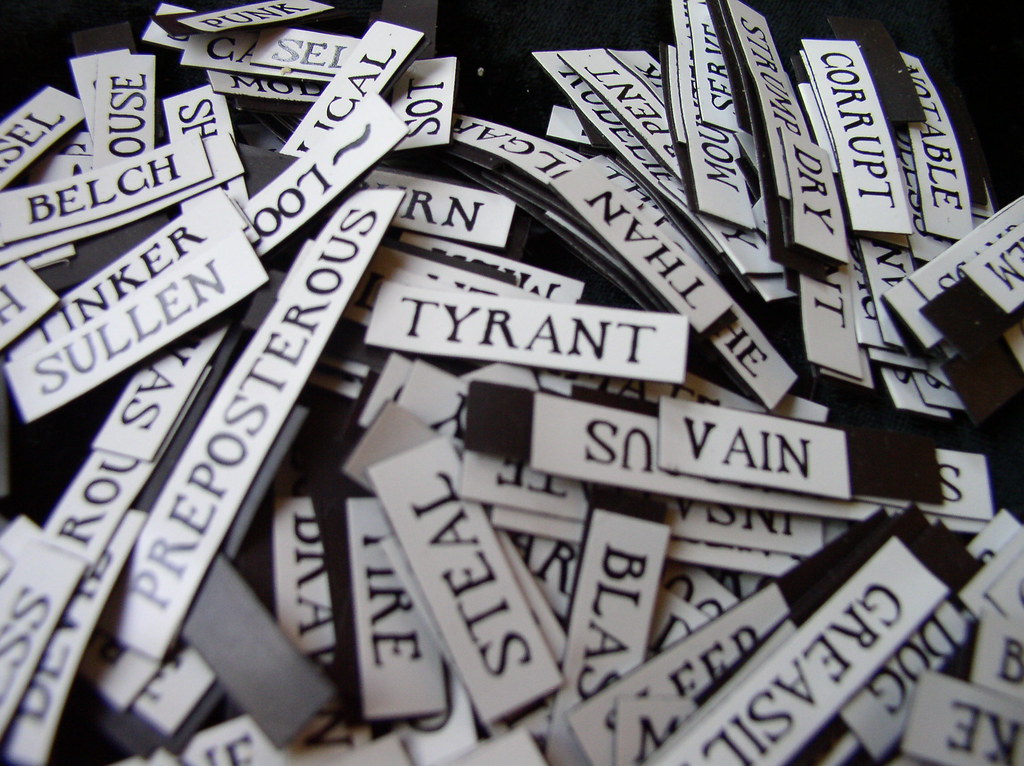
The Rise of British Actors in Hollywood
In recent years, there’s been a noticeable trend in Hollywood: British actors seem to be taking over the silver screen. From Daniel Craig’s suave portrayal of James Bond to the rugged intensity of Tom Hardy, British talent has made a significant mark in blockbuster films. But what is it about these actors that sets them apart? In this article, we’ll explore the extensive training, unique experiences, and distinctive qualities that enable British actors to conquer Hollywood with style.
Theatrical Roots
One of the fundamental aspects that distinguish British actors is their background in theater. The UK has a rich theatrical tradition, with institutions like the Royal Academy of Dramatic Art (RADA), London Academy of Music & Dramatic Art (LAMDA), and the National Youth Theatre producing a steady stream of top-tier talent. Many British actors cut their teeth on stage before making their way to the big screen.
The rigorous training these institutions offer focuses not only on acting techniques but also on voice modulation, physicality, and stage presence. Actors like Benedict Cumberbatch and Emma Thompson honed their craft in various theater productions, allowing them to master the art of storytelling long before they faced a camera. This foundation in theater lends itself to a deeper understanding of character development, emotional depth, and nuanced performances, which translate beautifully to film.
Diverse Training Methods
In addition to traditional theater training, British actors often explore a variety of methodologies that enhance their skill sets. From the Meisner technique to the Stanislavski system, these actors are well-versed in multiple approaches to performance. This adaptability is crucial in Hollywood, where directors may have different styles and expectations.
Moreover, many British actors engage in physical training, including dance, movement, and even combat skills for action roles. For instance, actors like Idris Elba and Henry Cavill have undergone extensive physical training to prepare for their roles in action-packed films. This commitment to being well-rounded performers allows them to tackle a broad spectrum of roles, making them highly sought after in Hollywood.
The Power of Accent
One undeniable advantage that British actors have is their mastery of accents. The UK is a melting pot of diverse dialects and regional accents, and British actors often learn to adapt their speech to fit various characters. This skill not only enhances their versatility but also helps them stand out in auditions, as they can convincingly portray characters from different backgrounds.
Consider the case of Hugh Laurie, who gained fame in the U.S. for his role in the medical drama “House.” Laurie, known for his thick British accent, adeptly adopted an American accent that was so convincing that audiences were shocked to learn he was British. This kind of accent flexibility is a common trait among British actors, allowing them to seamlessly integrate into American productions while bringing their unique flair.
Cultural Nuances
British actors bring a unique cultural perspective to their roles. Growing up in the UK provides them with a different lens through which to view storytelling, often resulting in performances that are rich in subtext and depth. British humor, for instance, is often dry and understated, which can be a refreshing contrast to the more overt comedic styles found in American films.
This cultural difference can enhance the depth of the characters they portray. For example, actors like Olivia Colman and Jodie Comer infuse their roles with a blend of humor and pathos, allowing audiences to connect with their characters on a more emotional level. Their ability to balance drama and comedy is a testament to their training and cultural background, making their performances feel relatable and authentic.
The Influence of British Television
Another factor contributing to the success of British actors in Hollywood is the impact of British television. Shows like “Doctor Who,” “Sherlock,” and “The Crown” have not only captivated audiences but also served as launching pads for many actors’ careers. These series often feature intricate storylines and richly developed characters, providing actors with the opportunity to showcase their range.
For instance, Matt Smith rose to fame as the Eleventh Doctor in “Doctor Who,” gaining a dedicated fan base that followed him to other projects, including his role in the “Crown.” The exposure British television provides is significant, and when actors cross over to Hollywood, they often come with a built-in audience eager to see their next move.
Networking and Collaboration
Networking plays a crucial role in the entertainment industry, and British actors benefit from a close-knit community that often collaborates on various projects. The relationship between actors, directors, and writers in the UK is typically more personal, allowing for natural connections and opportunities.
This collaborative spirit is evident in many successful films and projects that feature a mix of British talent both in front of and behind the camera. Think of films directed by acclaimed British filmmakers like Sir Ridley Scott and Christopher Nolan, who often cast British actors in their productions. This creates a pipeline of opportunity, where actors are more likely to work with familiar faces, fostering a sense of camaraderie that can lead to more groundbreaking and creative projects.
Work Ethic and Professionalism
British actors are known for their strong work ethic and professionalism. The competitive nature of the UK performing arts scene instills a sense of determination and resilience in these actors. They often approach their craft with a seriousness that can be refreshing in an industry that can sometimes seem overwhelmingly flashy.
This dedication is evident in their preparation for roles. Actors like Daniel Day-Lewis are famous for their method acting, immersing themselves in characters to the point of complete transformation. Such commitment not only results in award-winning performances but also earns them respect in Hollywood. This reputation for professionalism can translate into more opportunities, as directors and producers seek out reliable talent they can count on to deliver stellar performances.
Conclusion: A Continued Legacy
The combination of rigorous training, diverse methodologies, cultural nuances, and a strong network has positioned British actors as formidable contenders in the Hollywood landscape. As they continue to captivate audiences with their performances, it’s clear that British talent is not just a passing trend, but a powerful force in the film industry.
As we look to the future, we can expect British actors to keep pushing boundaries, exploring new roles, and bringing fresh perspectives to beloved characters. From stage to screen, their journey is a testament to the power of dedication, skill, and the relentless pursuit of excellence in the art of performance. With each new generation of actors stepping into the limelight, the legacy of British talent in Hollywood is only set to grow stronger.

